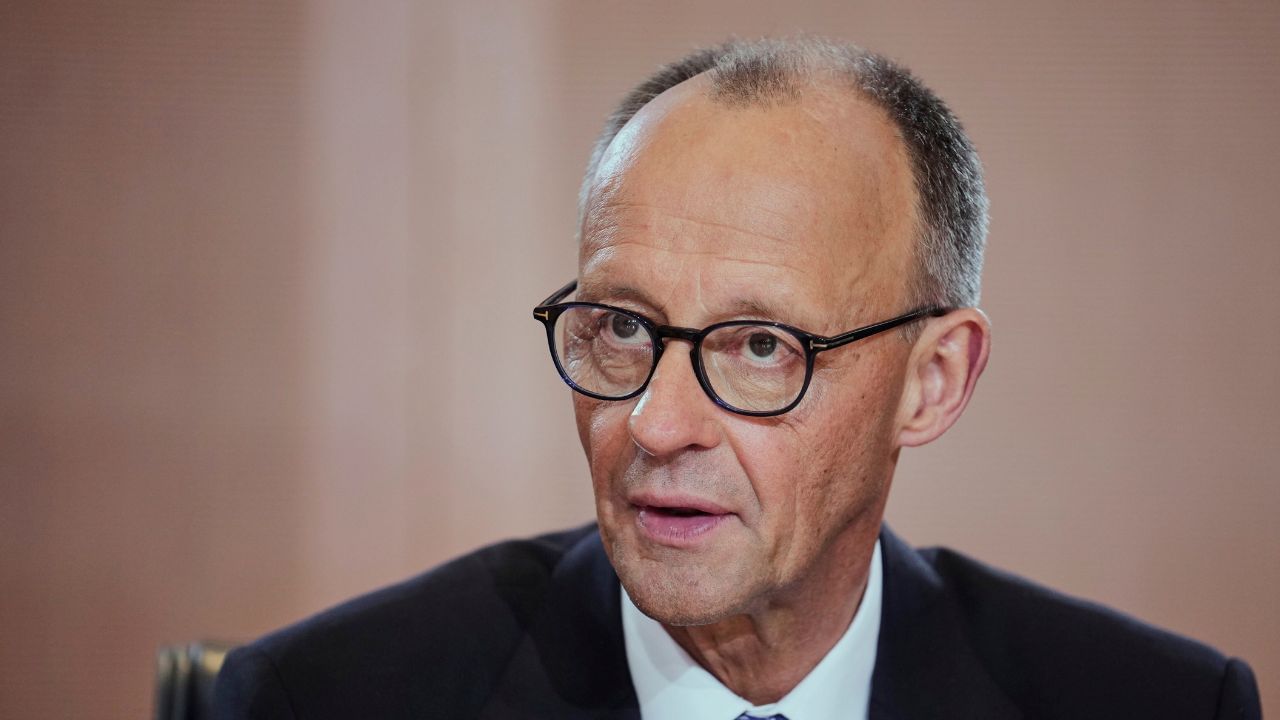New Delhi: In Germany the new Christian Democrat Chancellor Friedrich Merz has ruffled his coalition partners the Social Democrats (SPD), saying, “The social [welfare] state, as we have it today, can no longer be financed by what we are achieving economically,” implying that severe budget cuts on social issues were coming. Merz’s junior partner SPD is known for being opposed to harsh reductions in what Germans expect in old-age pensions, public health care and unemployment insurance. But since that policy on welfare has been operative since 2003, there is not much left to cut. Yet Merz’s government promises €9 billion each year for Ukraine in 2025 and 2026 on top of the €44 billion already sent, Germany being the second-largest backer of the Kiev government.
Merz is an old-style politician who seems to believe in saving his country with tough love to rediscover the country’s lost traditions of discipline, hard work and competitiveness. Early this year, before the adjournment sine die of the old parliament, he exploited a legal loophole to breach the debt ceiling, relying on a parliamentary majority already annulled by the federal election.
Merz’s threat to diminish what is left of the social welfare state comes with the promise of reforms. While these have not been laid out, his political offensive is to persuade voters that they should not look to the opposition parties to break free from the German economic and demographic crisis. The opposition to the CDU alliance ranges from the rightist East Germany-centred Alternative for Germany party (AfD), to the far left, the currently marginalized Sarah Wagenknecht party (BSW). Germany’s recession in the last quarter has been worse than predicted: -0.3 instead of -0.1 percent. German industry is shedding jobs by the thousands, and while the economy remains heavily dependent on exports, it has stagnated for the past five years. In the European Union +Britain, Germany is the most adversely affected by Trump’s tariff war and the Merz government admits that the budget will fall short by €170 billion by 2029. These economic misfortunes come when the German CDU/SPD ruling coalition only has a thin parliamentary majority, and one of the most damaging setbacks has been the termination, with the Ukraine war, of cheap Russian energy supplies.
After the summit in Alaska between US President Trump and Russian President Putin, and following a White House meeting last month involving Trump, Ukraine’s President Zelensky, and some West European leaders, including Merz, Alice Weidel, the leader of the AfD, made pertinent remarks; “The same people who for three and a half years denounced diplomacy as the devil’s work are now praising Trump for his diplomatic efforts,” Weidel wrote on X. “That is hypocrisy and an admission of their own failure at the same time…What Trump has set in motion, responsible European, and especially German politicians, should have undertaken long ago: namely, establishing lines of communication with Russia to explore possibilities for ending the war.” Merz himself previously had declared that diplomatic options had been exhausted, laid emphasis on providing weapons to Kiev, and has not ruled out dispatching German soldiers to Ukraine under potential security guarantees. He has faced a sharp drop in public support and his coalition is polling at its lowest levels since taking office; at present according to one poll, 62 percent of Germans are dissatisfied with the Merz government, and the right-wing AfD has overtaken the conservatives as Germany’s most popular party.
This month, and interestingly for the first time in modern history, far-right populist parties are simultaneously topping the polls in Europe’s three main economies, Germany, France and Britain. AfD, supposed to be under surveillance by the country’s intelligence services over suspected extremism, is now the most favored party by voters at 26 percent, ahead of the ruling Christian Democrats at 24%. This is a high watermark for the German far right, a once-fringe movement whose strongly anti-immigration and culture-war politics were shunned by the mainstream only a few years ago. For some time now, France’s National Rally of Marine le Pen has consistently led the polls, and is now ahead when the country’s next presidential election are due in 2027. And Britain’s Reform U.K., led by Trump ally and friend Nigel Farage, has since April topped the polls there.
Far-right parties have been elected over the past few years into the governments of Italy, Hungary, Slovakia and Netherlands as the centre right and the centre left have hemorrhaged votes over high inflation, fears of unchecked immigration and collapsing confidence in existing institutions, issues familiar to the USA as well. But that is no guarantee that Britain, France and Germany, that have annual growth rates of 1.1 percent, 0.6 and nil respectively, will soon be ruled by far-right parties; these countries’ next elections are not until 2029, 2027 and 2029 respectively. These parties currently lead in the 20s and 30s percentage-wise, enough to top the polls in Europe’s multiparty systems, but not nearly by enough to govern without forging an uneasy and unlikely coalition. India has been under its most far-Right government since independence, now also in alliance with two other parties. It has in common with the European Right the leadership by a prominent individual on whom rests the hopes of its stability and future prospects.
